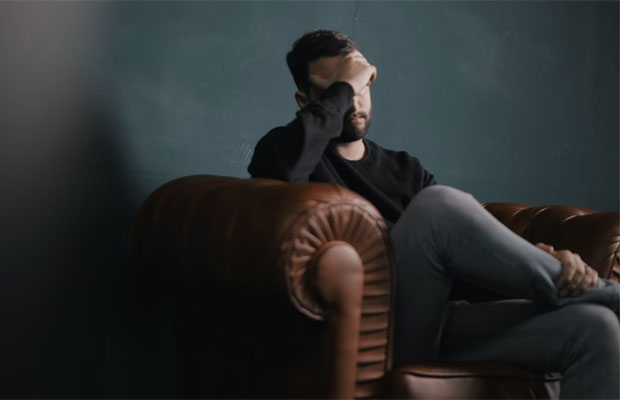Psychological Impacts of Urological Disorders: Supporting Mental Well-being Alongside Physical Health

Psychological Impacts of Urological Disorders: Supporting Mental Well-being Alongside Physical Health
Urological disorders encompass a range of conditions related to the urinary system and male reproductive organs.
While it is paramount to address the physical aspects of these conditions, an emerging understanding suggests that we must equally focus on the psychological repercussions. Such conditions often carry a stigma, leading to feelings of embarrassment or shame, and can significantly affect one’s mental well-being.
- The Psychological Burden
The interplay between urological conditions and mental health is complex. Chronic pain, frequent discomfort, and the invasive nature of some treatments can contribute to a heightened sense of anxiety. Furthermore, disorders like erectile dysfunction, incontinence, and infertility can deeply impact an individual’s self-esteem and sense of identity.
For many, these disorders disrupt not just physical health but also personal relationships, intimacy, and everyday life. The result? An increased risk of mental health conditions such as depression, anxiety, and social isolation.
- The Stigma Surrounding Urological Health
The silence that surrounds urological health is palpable. This silence, often stemming from societal norms and cultural taboos, can make individuals reluctant to seek help. Many delay crucial medical advice due to fear of judgement, embarrassment, or simply not recognising the gravity of their symptoms.
Breaking this stigma is critical. By promoting open dialogue and fostering understanding, we can help patients come forward sooner and access the support they need – both physically and mentally.
- The Role of Mental Health Professionals
It’s crucial to recognise that managing urological disorders goes beyond just treating the physical ailment. A holistic approach involves integrating mental health professionals into the care pathway.
Psychotherapists, counsellors, and psychologists can offer tailored interventions to help individuals navigate the emotional and psychological challenges they face. Cognitive behavioural therapy, for instance, has shown promise in helping patients cope with the stress, anxiety, and depressive symptoms often associated with urological conditions.
Moreover, couples therapy can be beneficial for those experiencing relationship strain due to their condition, offering a safe space to explore feelings, rebuild intimacy, and strengthen bonds.
- Supportive Networks: The Value of Community
Peer support, through support groups or online communities, can offer invaluable solace. Engaging with others who share similar experiences can validate feelings, provide coping strategies, and reduce feelings of isolation. Shared experiences, success stories, and even challenges can be powerful motivators for individuals on their journey to better health.
For those keen to learn more about these supportive networks, a variety of organisations and forums cater to urological health. These platforms can be an essential resource for patients and their loved ones.
- Future Directions: A Dual Focus on Physical and Mental Health
As our understanding deepens, healthcare providers and researchers are advocating for an integrated model of care. Physical symptoms and psychological repercussions are intertwined, and addressing one without the other can leave a patient’s journey to recovery incomplete.
In the realm of research, this means a dual focus on developing effective treatments and understanding their psychological impacts. For healthcare practitioners, it underscores the importance of referrals to mental health professionals and ensuring patients have access to supportive networks.

Conclusion
The journey with a urological disorder is not travelled alone. It brings with it a host of psychological challenges that, when left unaddressed, can exacerbate physical symptoms and diminish the quality of life. It’s time we recognise the profound link between physical urological health and mental well-being.
By fostering open dialogue, breaking down stigmas, and integrating mental health support into treatment protocols, we can offer a truly holistic approach to care.
Guest Article.




